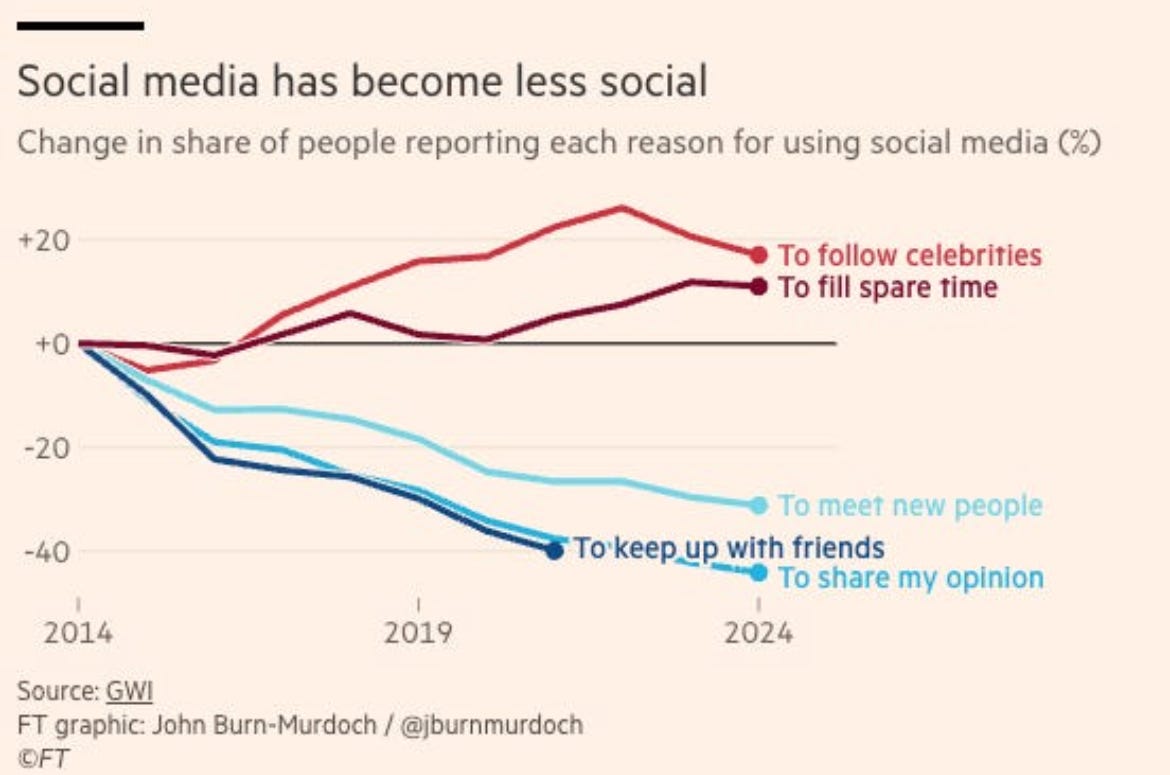
On my way back from Lago di Gardia (pix are coming – or it didn’t happen) I made a stop at the Museion in Bolzano and saw the exhibition “Nicola L – I am the last woman object” – which I could have seen already in Vienna a few months ago🤦
Nicola L’s work is exciting, sometimes dark, sometimes funny, some did not age very well (“same skin for everyone” if the skin is kind of white is bombing intersectionality-wise IMO), and some is outright naïvely romanticizing personalities (like Ulrike Meinhof or Jeanne d’Arc).

And while I found the Museion quite fascinating the last time (probably due to the exhibition theme), today I got pretty claustrophobic in the lonely staircase down to the basement. Not sure this modern architecture is suitable for every topic or artist’s work 😱
Vert is a file conversion utility that uses WebAssembly to convert files on your device instead of a cloud.
Bevor Merz & Co. WeAct zu einem Teil der Antifa erklären…
Damit Dir der Schritt, eine eigene WeAct-Petition zu starten, leichter fällt, haben wir hier die wichtigsten Tipps gesammelt.
10 questions to answer before you die.
Write down what matters most.
Cannot believe this shit is back again, with commercials and all… 🤦
Everything Is Television
A theory of culture and attention.

Relevant: Kampf um neue Ressource: Bewirtschaftet eure Aufmerksamkeit doch lieber selbst.
Der ganze große Unterhaltungsquatsch im Privatfernsehen, erklärte Postman, zerstöre die Chancen auf Bildung, Aufklärung und damit die Idee des vernünftigen, demokratischen Staatswesens. Das würde heute niemand mehr so sagen – nicht etwa, weil die These widerlegt ist, sondern weil das Privatfernsehen neben den US-Netzgiganten inzwischen so niedlich wirkt.
A longer quotation for a veeeery long article.
The Electric Slide – The history, 99% decline, and future of the Electric Stack.
After catching up to America in electricity generation in just 2010, China now generates 2.5x as much electricity as we do.
It also dominates the technologies that turn electricity into action: the Electric Stack.
- Lithium-Ion Batteries
- Magnets and Electric Motors
- Power Electronics
- Embedded Compute
Today, China produces 75% of lithium-ion batteries globally and manufactures 90% of the neodymium magnets that make motors spin. In power electronics and embedded compute, it’s rapidly gaining ground.
That means that China controls the means of producing electric vehicles (EVs), drones, robots, and all of the other electric products that are replacing the combustion-driven machines on which America built its might.
As we speak, everything that moves, heats, lights up, computes, or converts energy is being rebuilt to perform better, faster, cheaper, quieter, and as a freebie, cleaner around electric technology.
The Best CSS Unit Might Be a Combination.
We don't have to choose between px and rem for spacing.
Glimpse Spectacularly Tiny Worlds in Winning Videos from Nikon's Small World In Motion Competition.
Biology takes center stage in the Small World competition, where images are captured through a variety of means to zoom in on things we may not be able to see with the naked eye. Researchers and enthusiasts from all over the world submitted dazzling views of slime mold, mycelium, cellular reproduction, sensory neurons, and more.

An archive full of world-wide wonders.
The entire archive of nonostantement – a newsletter of Interesting, fascinating and weird stuff found all over the Internet by Joele.
Taarof, not a counter act to #metoo!
When “no” means “yes”: Why AI chatbots can’t process Persian social etiquette,
New study examines how a helpful AI response could become a cultural disaster in Iran.